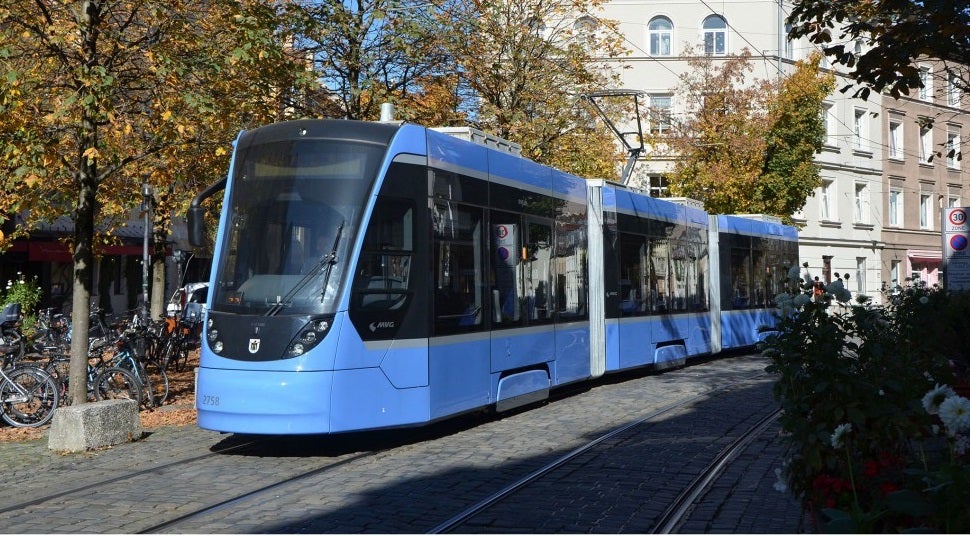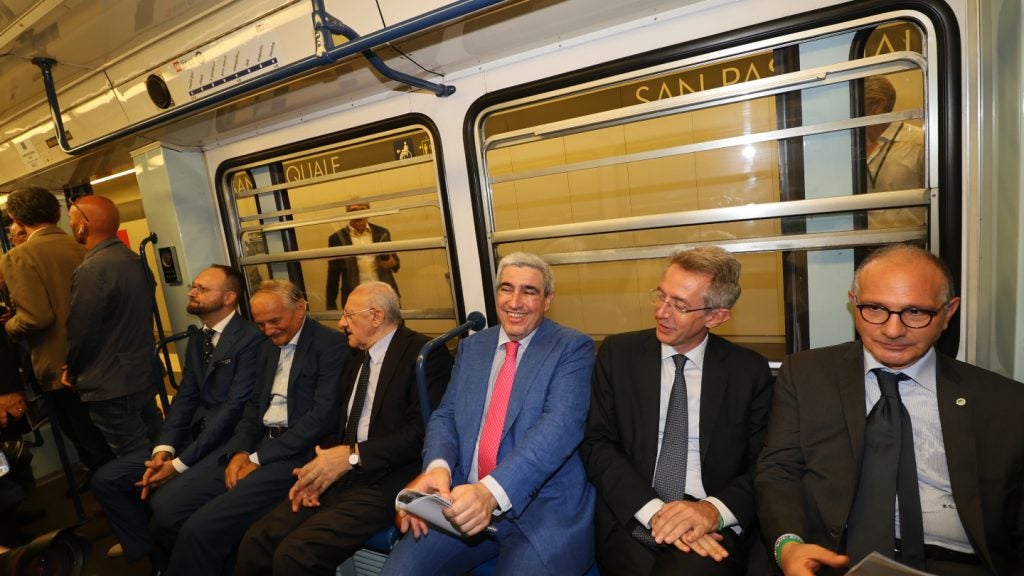
Siemens Mobility, along with Stadtwerke München (SWM), has concluded a test of semiconductor technology built on silicon carbide (SiC) in an Avenio tram in Germany.
The study found the technology helped lower the tram’s energy consumption by nearly 10%, as well as reduced its motor noise.
The trials were carried out under the European research and development project Pinta.
As part of the testing, SiC semi-conductor technology was deployed onboard one of two traction converters utilised by a three-car Avenio tram.
Several development trials were performed for obtaining authorisation for the use of the technology, produced by Infineon Technologies.
These were carried out in Siemens’ system test facility and in the streetcar.
How well do you really know your competitors?
Access the most comprehensive Company Profiles on the market, powered by GlobalData. Save hours of research. Gain competitive edge.

Thank you!
Your download email will arrive shortly
Not ready to buy yet? Download a free sample
We are confident about the unique quality of our Company Profiles. However, we want you to make the most beneficial decision for your business, so we offer a free sample that you can download by submitting the below form
By GlobalDataOver the course of a year, the Avenio München installed with a SiC core travelled around 65,000km.
With this development, two of the three project stages have been finished, including the planning phase and the vehicle test for the SiC converter.
The third phase (Pinta3) will work on system optimisation through the usage of SiC in dual-system trams (TramTrain).
SWM mobility head Ingo Wortmann said: “One factor plays a key role in the acceptance of trams, particularly in terms of new construction projects: Our vehicles must be as quiet as possible while in service.
“The project conducted with Siemens shows that we can not only optimise the noise levels of our vehicles but also improve our energy efficiency. We would be very interested in this solution if these improvements could be commercially mass-produced.”
The Pinta project comes under the European research and innovation initiative, Shift2Rail, and has secured financing from the Shift2Rail Joint Undertaking (JU).
Shift2Rail aims to establish a “visionary rail system in Europe through targeted investments”.
Last month, Siemens Mobility secured a contract from DB Regio Bayern to deliver 57 new trainsets in Germany.







